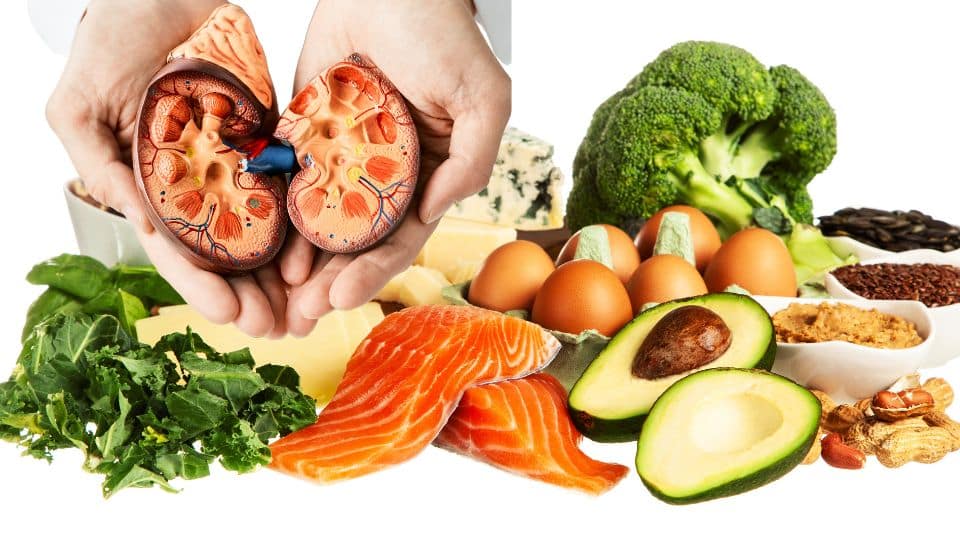Table of Contents
Introduction:
Dietary choices play a pivotal role in the pursuit of a healthier lifestyle. However, maintaining a balanced diet can be challenging with the hustle and bustle of modern life. The good news? A recent study led by researchers at Penn State’s Department of Nutritional Sciences has shed light on a simple yet effective way to enhance overall diet quality: incorporating one avocado per day. Let’s delve into the findings and explore how this creamy green fruit can pave the way to better health.
The Importance of Diet Quality:
Before we discuss the study’s specifics, it’s essential to understand the significance of diet quality. Poor dietary habits are associated with various health risks, including heart disease, type 2 diabetes, and obesity. Sadly, many individuals fail to meet recommended nutritional guidelines, exacerbating the prevalence of these conditions.
The Avocado Intervention:
Led by Kristina Petersen and Penny Kris-Etherton, the study aimed to assess the impact of daily avocado consumption on diet quality. Avocados, known for their nutrient density, are packed with fiber and essential nutrients. Researchers hypothesized that integrating avocados into daily meals could improve overall diet quality.
Study Methodology and Results:
The study, comprising 1,008 participants, spanned 26 weeks and divided individuals into two groups. One group incorporated one avocado into their daily diet, while the other group maintained their usual dietary habits. Through meticulous dietary assessments using the Healthy Eating Index (HEI), researchers evaluated participants’ adherence to nutritional guidelines.
The findings were compelling. Participants consuming one avocado per day demonstrated a significant increase in adherence to dietary guidelines compared to the control group. Surprisingly, avocado consumption led to substituting less healthy food choices, such as refined grains and sodium, with nutrient-rich avocados.
Implications for Health:
These findings have profound implications. By enhancing adherence to dietary guidelines, individuals can mitigate their risk of developing chronic conditions like heart disease and type 2 diabetes. Avocados are versatile meal additions, offering nutritional benefits, satiety, and flavor.
You can also view this article: Dementia Defense: The Strawberry Solution to Increase Cognitive Wellness!
Looking Ahead:
While the study focused on avocados, it opened doors for further research into other food-based interventions. Understanding how different foods influence diet quality is crucial for crafting practical dietary recommendations. Additionally, behavioral strategies are essential in promoting long-term adherence to healthy eating habits.
Conclusion:
Incorporating just one avocado into your daily diet can be a game-changer for your health. Not only does it enhance diet quality, but it also reduces the risk of chronic diseases. As we strive for healthier lifestyles, let’s embrace the power of whole, nutrient-dense foods like avocados. Making simple yet impactful dietary changes paves the way for a healthier, happier future.
Let’s not forget the support from the Avocado Nutrition Center. The funder did not influence the published study’s data analysis, interpretation, or writing.
Glossary:
- Dietary choices: Decisions made regarding the food and beverages consumed as part of an individual’s daily eating habits.
- Balanced diet: A diet that appropriately provides all the essential nutrients to maintain health and well-being.
- Nutrient density: The concentration of essential nutrients (such as vitamins, minerals, and fiber) in a food in relation to its calorie content.
- Avocado: A creamy green fruit rich in healthy fats, fiber, vitamins, and minerals.
- Diet quality: The overall nutritional value and healthfulness of an individual’s diet.
- Healthy Eating Index (HEI): A measure developed by the USDA to assess how well a set of foods aligns with key recommendations of the Dietary Guidelines for Americans.
- Chronic conditions: Long-lasting medical conditions that often require ongoing management, such as heart disease, type 2 diabetes, and obesity.
- Adherence to dietary guidelines: The degree to which an individual’s nutritional habits align with established recommendations for a healthy diet.
- Refined grains: Grains that have been processed to remove the bran and germ, resulting in a loss of fiber and nutrients.
- Sodium: A mineral found in salt that is essential for bodily functions but can be harmful in excess.
- Meal additions: Foods that are added to meals to enhance flavor, texture, and nutritional value.
- Satiety: The feeling of fullness and satisfaction after eating that helps regulate food intake.
- Behavioral strategies: Techniques and approaches used to modify behaviors and habits related to diet and lifestyle.
- Chronic diseases: Medical conditions characterized by long duration and typically slow progression, often requiring ongoing management and care.
- Whole foods: Foods that are minimally processed or refined and contain natural nutrients in their original form.
- Nutrient-dense foods: Foods that provide a high amount of nutrients relative to their calorie content.
- Avocado Nutrition Center: An organization that supports research and education on avocados’ nutritional benefits.
Journal Reference:
Kristina S Petersen, Sydney Smith, Alice H Lichtenstein, Nirupa R Matthan, Zhaoping Li, Joan Sabate, Sujatha Rajaram, Gina Segovia-Siapco, David M Reboussin, Penny M Kris-Etherton. One Avocado per Day as Part of Usual Intake Improves Diet Quality: Exploratory Results from a Randomized Controlled Trial. Current Developments in Nutrition, 2024; 8 (2): 102079 DOI: https://doi.org/10.1016/j.cdnut.2024.102079



 By
By










